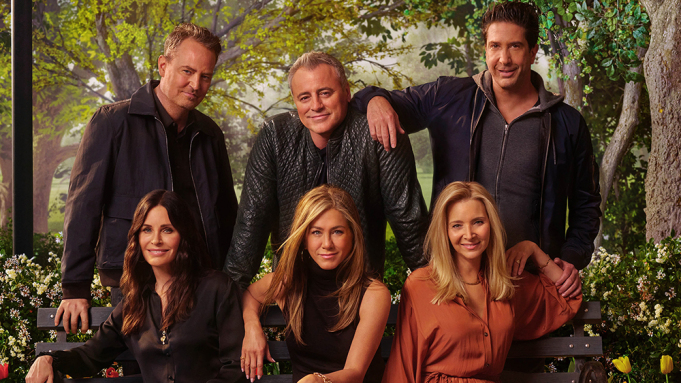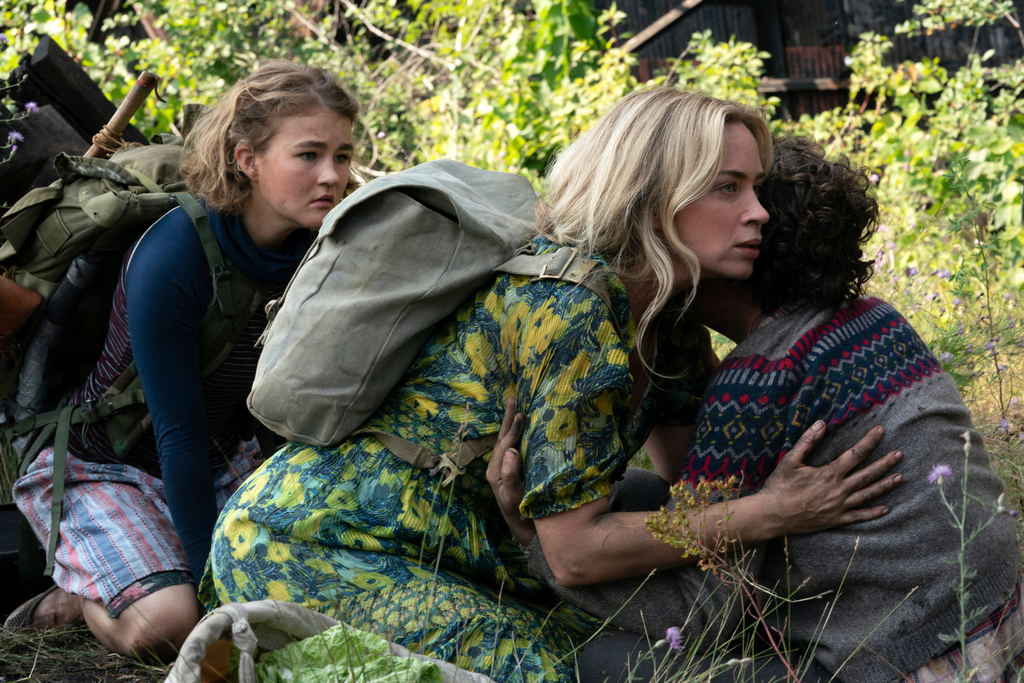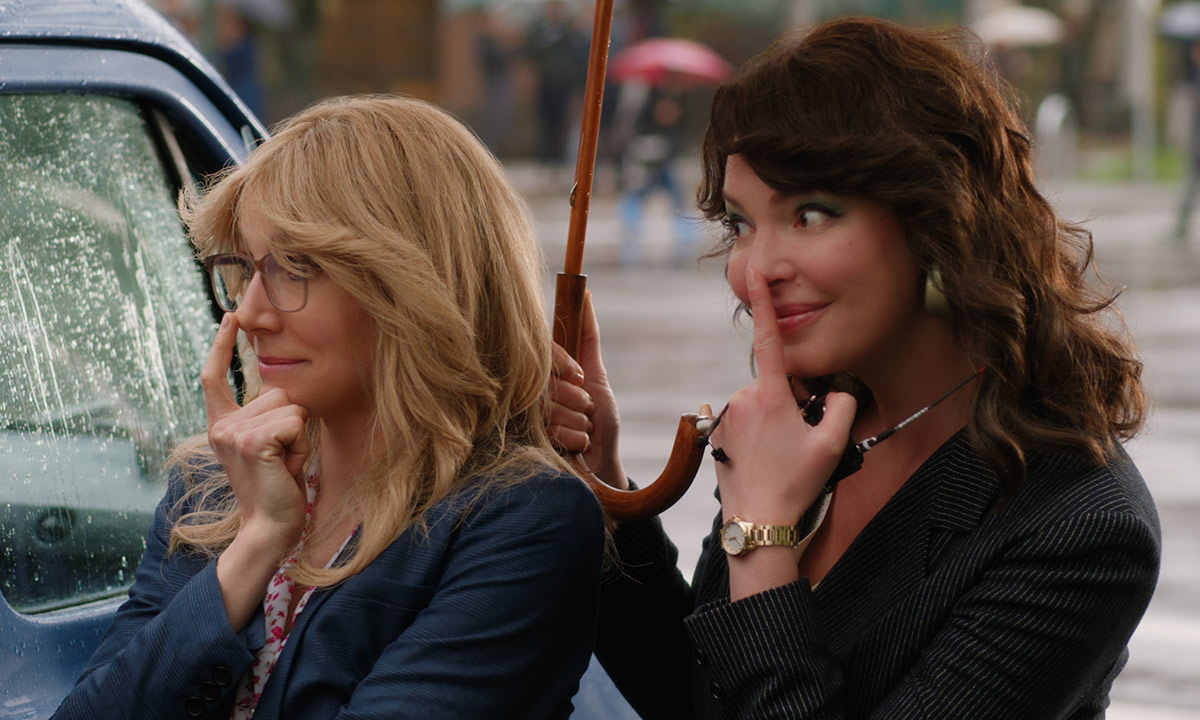
This message for this year’s International Women’s Day is a simple one: ‘An equal world is an enabled world’. That second part – enablement – is the theme of many of the books we’re recommending here, which address some of the most important challenges facing feminism today.
Here’s a small selection of books from the front line of the fight for gender equality.
Invisible Women by Caroline Criado Perez

A huge feat of research which has already resulted in real change: the success of Invisible Women has transformed Caroline Criado Perez into arguably the most influential feminist campaigner operating in Britain today.
Her subject is data bias, and how decades of ‘men as default’ thinking has allowed it to seep into everything from the size of iPhones to car crash safety tests. Women, it turns out, have more than just societal attitudes to overcome, but disadvantages worked into the very fabric of the world they move through.
‘I knew I couldn’t get a single detail wrong,’ she told Penguin when we interviewed her this month. Thankfully, she didn’t, and from governments to corporations, the world is slowly taking note.
My Wild and Sleepless Nights by Clover Stroud

Even in 2020, there is something radical about giving a truthful account of motherhood, not just the parts you’re expected to eulogise but the pain, doubt and frustration that come with it.
In her ‘powerhouse of a memoir’, Clover Stroud recounts a single year raising a brood of five, ranging from a newborn baby to a teenager, covering everything from labour to her struggle to communicate with her eldest son. Dyslexia, puberty and drugs are just some of the challenges she navigates with candid and often disarming honesty.
My Wild and Sleepless Nights is, like Stroud’s award-winning debut The Wild Other, an exemplar of personal writing and a timely reminder of how undervalued and undiscussed much of the work of motherhood remains.
Difficult Women by Helen Lewis

One of the Britain’s foremost feminist writers, Helen Lewis’s much-anticipated debut book focuses on the women who changed history and divides their accomplishments into eleven key battlegrounds, all of which remain relevant today.
Underpinning her lively and carefully researched stories is the point that we should neither expect – nor desire – perfection from our feminist icons, but celebrate their complexities. Our favorite tells the story of Marie Stopes, a prominent campaigner for birth control who also sent a book of her poetry to Hitler in an effort to prevent the Second World War.
‘My feminist hero is the washing machine’, Lewis said writing for Penguin to mark International Women’s Day. As with much of her logic, it’s hard to argue and fascinating to follow.
Our House is on Fire by Malena and Beata Ernman, Svante and Greta Thunberg

Greta Thunberg’s rise from a one-person school strike in 2018 to the most famous and loyally-followed teenager in the world today is one of the most remarkable stories of recent times. Her efforts to force ‘the adults’ to take the climate crisis seriously have united a generation, and – rightly or wrongly – generated more headlines than decades of scientific warnings managed on their own.
Our House Is On Fire is the first substantial look at her story from the inside: a moving account from the Thunberg family on how they have coped as a unit with Greta’s rise as a global icon. The message? That no one campaigner – no matter how gifted – can fight their fight alone.
Taking up Space by Chelsea Kwakye, Ore Ogunbiyi

In December 2017, Ore Ogunbiyi wrote a letter for her student paper called A Letter to my Fresher Self: Surviving Cambridge as a Black Girl. Exploring topics which have since become part of mainstream conversations around racism and gender, such a micro-aggression’s and assimilation, its success formed the genesis of the book she has co-authored with fellow student and activist Chelsea Kwakye.
Taking up Space explores what it means to be a black girl within education, from the barriers of entry to the need to diversify university curriculum’s. It’s not only guide for others setting down the same path as them, but a vibrant and convincing call to arms for how we can reform the education system itself.
Skint Estate by Cash Carraway

Cash Carraway’s story shines a light into areas of life in modern Britain that its rich and ruling classes prefer not to look or choose to ignore. Subtitled ‘notes from the poverty line’, she tells her stories of family estrangement, mental illness and domestic violence in unsparring detail and in beautiful style.
From working in Soho’s peepshows to trying to stop the council closing down the women’s refuge she finally finds a safe home in, Skint Estate is a harrowing read but one full of empathy and humour. Not for nothing was this one of the most celebrated and talked about memoirs of recent years.
The Five by Hallie Rubenhold

The most famous serial killer in British history – Jack the Ripper – is still the subject of folklore over a hundred years later. His victims are less well remembered. How much, you might ask, has really changed?
In her meticulously researched account, social historian Hallie Rubenhold reclaims the names of Polly, Annie, Elizabeth, Catherine and Mary-Jane. They were, she reminds us, daughters, wives and mothers. They ran coffee-houses, lived on country estates and wandered the country selling ballads. They were lives worth celebrated and remembering.
Rubenhold’s vivid account is an act of feminism in itself, and also a fantastic read. As she told Penguin this year: ‘His victims had lives apart from their deaths, and identities separate from those of their murderer. I wanted to tell their stories’.
Ladies Can’t Climb Ladders by Jane Robinson

History tends to remember the rebels and the firebrands of any social movement. But in this fascinating book, Jane Robinson tells the stories of the quieter pioneers of gender equality who appeared in all areas of British working life following the landmark Sex Disqualification (Removal) Act of 1919.
It’s an eye-opening account of six professions – doctors, clergy, academics, architects, engineers and lawyers – in which talented women had to fight against sexist attitudes even after the law was ostensibly moving in their favour. A reminder that not all heroes wear capes – but all climb ladders.
Source https://www.penguin.co.uk/articles/2020/mar/best-books-international-womens-day-2020.html
More on Movies & Music






Leave A Comment
You must be logged in to post a comment.